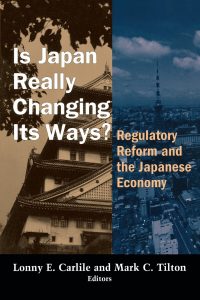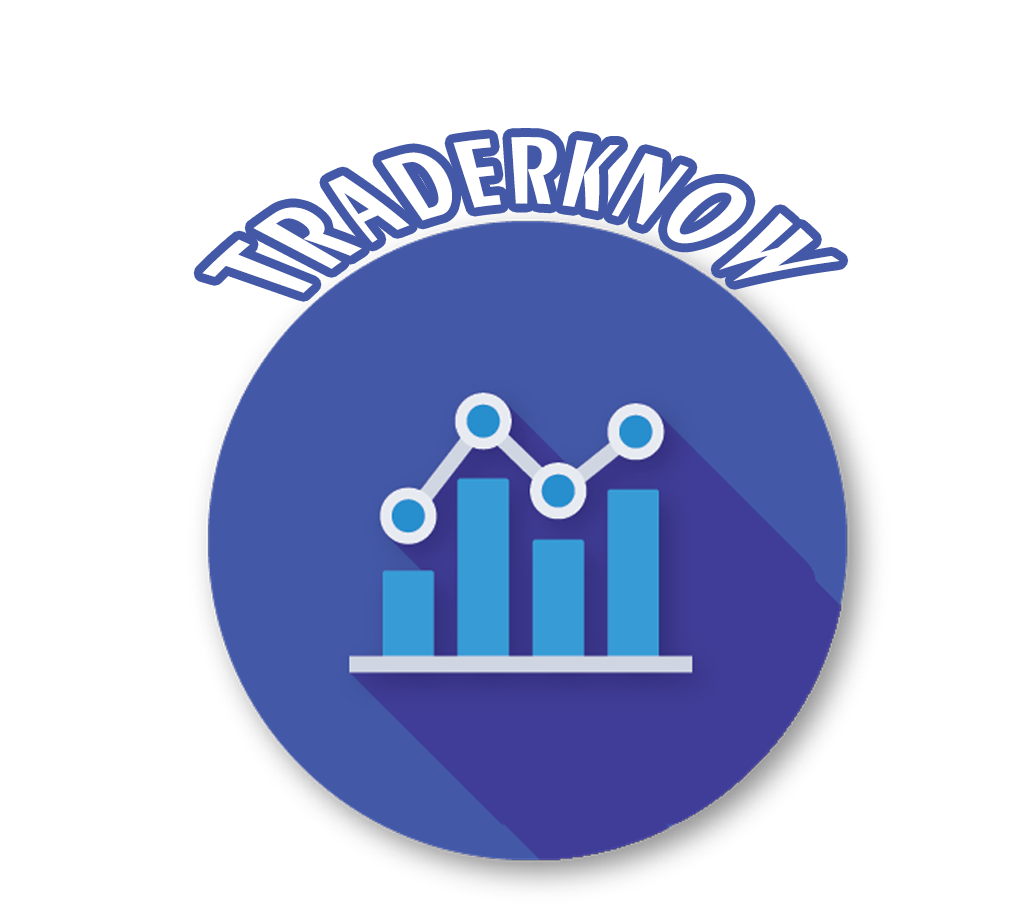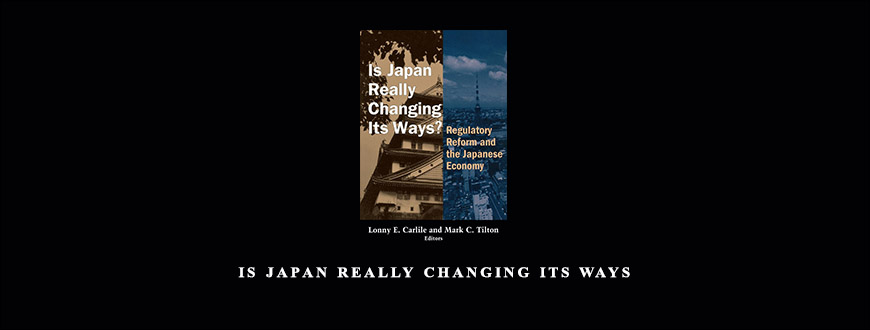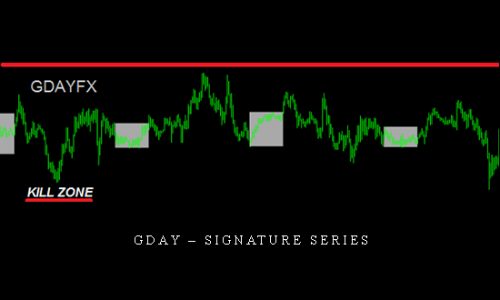
Is Japan Really Changing Its Ways by Lonny E. Carlile
Deregulation has been at the top of Japan’s economic policy agenda for many years. Now, in the midst of a financial crisis that engulfs all of Asia, pressures on the Japanese government for substantial reform–coming from both inside and outside forces–are stronger than ever.
But is Japan actually making the changes necessary to reduce market controls, encourage competition, and create new opportunities for imports? To most outside observers, regulatory reform in Japan is an incomprehensible blur of grandiose proposals. And byzantine political maneuvering, which masks developments that could be of tremendous significance to the world at large.
In this book, experts from the United States and Japan cut through the fog that surrounds Japanese regulatory reform. They review the characteristics of Japanese regulation and analyze the content of regulatory reforms proposed to date as well as the political dynamics that shaped them. The book also examines the nuts-and-bolts issues of reforms in major economic sectors and the implications of deregulation for access to Japanese markets for foreign imports. By focusing on both the larger political, economic, and strategic contexts and on the way in which the micro and macro aspects of regulatory reform are interconnected, this volume makes comprehensible the tidal wave of proposals and posturing coming out of Japan.
Get Is Japan Really Changing Its Ways by Lonny E. Carlile on Traderknow.com
In addition to the editors, the contributors are Miyajima Hideaki, Elizabeth Norville, Kosuke Oyama, and Yul Sohn.
Lonny E. Carlile is an assistant professor of Japanese Studies in the Center for Japanese Studies/Department of Asian Studies at the University of Hawaii at Manoa. Mark C. Tilton is an associate professor in the Department of Political Science at Purdue University.
Forex Trading – Foreign Exchange Course
You want to learn about Forex?
Foreign exchange, or forex, is the conversion of one country’s currency into another.
In a free economy, a country’s currency is valued according to the laws of supply and demand.
In other words, a currency’s value can be pegged to another country’s currency, such as the U.S. dollar, or even to a basket of currencies.
A country’s currency value may also be set by the country’s government.
However, most countries float their currencies freely against those of other countries, which keeps them in constant fluctuation.
Also Get Is Japan Really Changing Its Ways by Lonny E. Carlile on Traderknow.com
Visit more course: FOREX TRADING COURSE
The same course: Bill Williams Eduard Altmann SMB Simpler Trading Van Tharp Atlas Api Training Trading Template Sunil Mangwani Sunil Mangwani Frank Paul . Also Market Delta Tradingacademy Simplertrading Urbanforex. Also Candlechartscom Dan Sheridan Pipsociety Atlas Api Training TopTradeTools Todd Mitchell Jerry Singh OpenTrader Alexandertrading Daytradingzones
Please contact email: [email protected]
Course Features
- Lectures 0
- Quizzes 0
- Duration 30 hours
- Skill level All levels
- Language English
- Students 98
- Assessments Yes








